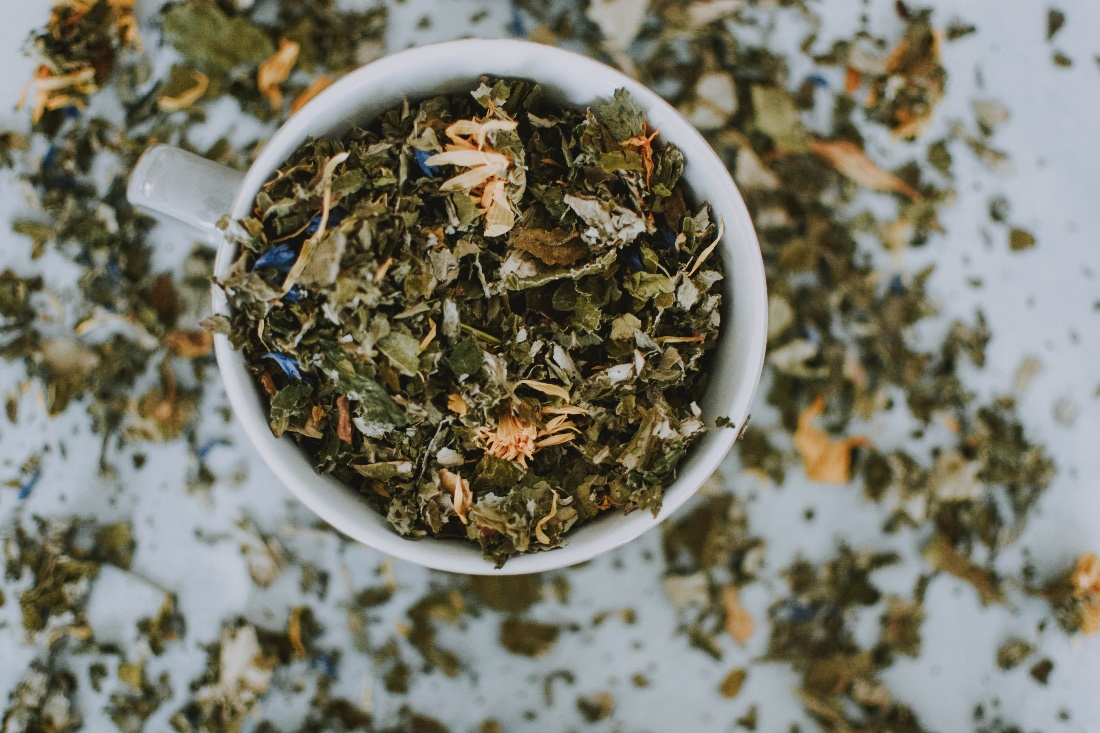About one in every nine men will be diagnosed with prostate cancer during his lifetime. The risk for developing prostate cancer is greatest for men over the age of 65, especially those who African-American. In the Unites States, second to skin cancer, prostate cancer is the most common cancer diagnosed in men. It’s estimated that about 164,690 new cases of prostate cancer are detected each year, and about 29,430 deaths annually are caused by prostate cancer.
What Is Prostate Cancer?
Prostate cancer, one of the most common types of cancer in men, is cancer that occurs in the prostate. Only men can develop prostate cancer, since women do not have a prostate. The prostate gland is a small, walnut-shaped gland in men that produces the seminal fluid. Seminal fluid mixes with sperm from the testes and helps transport sperm, making ejaculation and conception possible.
The prostate is a walnut-sized gland located below the bladder and in front of the rectum. It surrounds the urethra and produces a substance that contributes to semen, the fluid that carries sperm from the testicles.
Prostate cancer occurs when gene changes, or mutations, cause cells in the prostate to behave abnormally, and they start growing uncontrollably. Mutations may be passed down from parent to child (inherited mutations) or occur for other reasons over a lifetime (acquired mutations). About 10 percent of prostate cancers are thought to be related to inherited mutations, according to the ACS.
Prostate cancer is said to sometimes be a”silent” disease because in the earlier stages, sometimes which lasts for years, the tumor in the prostate gland is not big enough to cause any pain or prostate cancer symptoms. Not every person who is diagnosed with this condition will experience any warning signs or noticeable prostate cancer symptoms to alert them to a problem. This is exactly why experts feel that prostate cancer screening is so important and life-saving.
The most common prostate cancer symptoms in men include:
- Trouble initiating urination
- Weak, slow or interrupted urine flow
- Frequent need to urinate, particularly at night
- Difficulty emptying the bladder fully
- Incontinence
- Blood in urine or semen
- Back, hip, chest or pelvis pain that doesn’t subside
- A burning sensation or pain during urination
- Difficulty getting an erection
Keep in mind that these symptoms may be caused by something other than prostate cancer. Patients who develop new or concerning symptoms should consult with their doctor or urologist.
Risk Factors Associated with Prostate Cancer
Naturally prostate enlarges with age causing a condition known as benign prostatic hyperplasia (BPH), in one-third of men over 60 and about half over 80 and symptoms with frequent urination.
Researchers have found several factors that might affect a man’s risk of getting prostate cancer.
Age
Prostate cancer is rare in men younger than 40, but the chance of having prostate cancer rises rapidly after age 50. About 6 in 10 cases of prostate cancer are found in men older than 65.
Race/ethnicity
Prostate cancer develops more often in African American men and in Caribbean men of African ancestry than in men of other races. And when it does develop in these men, they tend to be younger. Prostate cancer occurs less often in Asian American and Hispanic/Latino men than in non-Hispanic whites. The reasons for these racial and ethnic differences are not clear.
Family history
Prostate cancer seems to run in some families, which suggests that in some cases there may be an inherited. Still, most prostate cancers occur in men without a family history of it.
Having a father or brother with prostate cancer more than doubles a man’s risk of developing this disease. (The risk is higher for men who have a brother with the disease than for those who have a father with it.) The risk is much higher for men with several affected relatives, particularly if their relatives were young when the cancer was found.
Gene changes
Several inherited gene changes (mutations) seem to raise prostate cancer risk, but they probably account for only a small percentage of cases overall. For example:
- Inherited mutations of the BRCA1 or BRCA2 genes, which are linked to an increased risk of breast and ovarian cancers in some families, can also increase prostate cancer risk in men (especially mutations in BRCA2).
- Men with Lynch syndrome (also known as hereditary non-polyposis colorectal cancer, or HNPCC), a condition caused by inherited gene changes, have an increased risk for a number of cancers, including prostate cancer.
Natural Ways to Protect Your Prostate
Increase Antioxidant Consumption
Phytochemicals act as antioxidants supporting detoxification pathways essential for a healthy prostate.
Drink antioxidant-rich beverages such as saw palmetto tea, green tea, and ginger tea for an extra antioxidant boost.
This food supplement is rich with antioxidant herbs ,it contains Urtica dioica extract , saw palmetto extract, pygeum africanum extract.
Anti-Inflammatory Diet
Consume a diet rich in clean proteins, healthy fats, and antioxidants. High quality fats such as avocados, grass-fed butter, olives, olive oil, fish, and coconut oil contain essential fatty acids required for optimal testosterone production and prostatic health.
Good Sleep
Good quality sleep is essential for the health of the reproductive system and the production of sex hormones. Less than optimal sleeping habits will cause a decrease in testosterone levels and elevated stress hormone production. Poor sleep will also result in blood sugar disturbances and prostatic growth.
Maximize Your Vitamin D Levels
Vitamin D levels of less than 60 ng/ml is associated with vitamin D deficiency. A deficiency of vitamin D impacts testosterone production and also increases prostatic growth. Regular sun exposure no less than three days a week without sunblock can significantly raise your vitamin D levels. Consume a high quality vitamin D3 supplement when you are unable to receive adequate sun exposure.
Zinc and Magnesium
Optimize your zinc and magnesium levels to promote healthy detoxification and provide immune support. Both of these super nutrients stimulate testosterone production and the detoxification of contaminants like xenoestrogens. Pumpkin seeds are one of the best sources of both of these key nutrients. You may also choose to prepare green drinks or use super green powders and consume healthy organic meat products.
Use a High Quality Omega-3 Supplement
Consuming 2 to 5 grams of omega-3 fatty acids can help limit inflammation in the prostate and improve testosterone production. Researchers have shown that high dose omega-3 fatty acids are powerful agents to reducing prostatic growth. Taking 200-500 mg of GLA with the omegas can also provide additional anti-inflammatory benefits.



